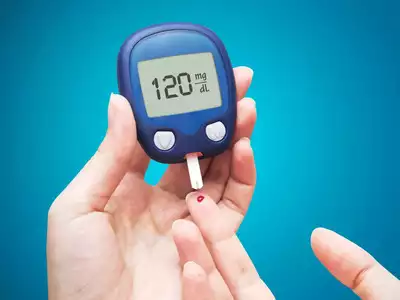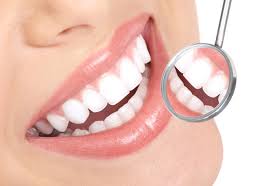Vitamins & Natural Dietary Supplements
Elevate Your Health with Vitamins & Natural Dietary Supplements!
What is Dietary Supplements?
A dietary supplement is something you can eat or drink that helps your health. It’s not a regular food or medicine, but it’s meant to add something extra to your diet to make you healthier.
These supplements are used all over the world and come in different forms, like pills, capsules, powders, or liquids. They can have things like vitamins, minerals, herbs, amino acids, or other natural substances.
In the US, dietary supplements are labeled as such and are only meant to be taken by mouth. They can’t have chemicals that are approved as drugs unless they were already sold as supplements before.
You can find these supplements in stores, usually next to regular over-the-counter medicines. Even though they’re not supposed to treat or cure diseases, a lot of people use them instead of medicine.
In the US, more than half of people use some kind of dietary supplement regularly. In other countries, like Asia, Europe, and Latin America, lots of people use them too, but not as many as in the US.
Why Take Dietary Supplements?
Dietary supplements are like a boost of nutrients that can make you healthier. They can give you extra vitamins and minerals that you might not get enough of from food alone.
Sometimes, a doctor might suggest taking a dietary supplement. For example, they might say you need more iron if you have low iron levels in your blood, or more calcium if your bones are weak.
A doctor might recommend a dietary supplement if you:
– Have a high chance of getting sick, but adding a nutrient could lower that risk.
– Need extra nutrients because you’re pregnant or breastfeeding.
– Have a health problem like kidney issues that makes it hard for your body to absorb nutrients.
– Eat a diet that doesn’t have enough of a certain nutrient.
– Aren’t getting enough nutrients from your food and are malnourished.
– Got test results showing you’re low in a certain nutrient.
– Are older and your body has trouble getting nutrients from food.
Types Of Dietary Supplements:
Dietary supplements are products you can buy without a prescription. They’re like pills or drinks that give you extra nutrients your body needs. Here are some examples:
- Vitamins: These are like little helpers for your body. They help you stay healthy by making sure your body gets all the vitamins it needs. For example, vitamin C helps keep your immune system strong, while vitamin D helps your bones grow strong.
- Herbs: These are plants or parts of plants that people use for their health benefits. Some herbs, like echinacea, are believed to boost your immune system.
- Minerals: These are important substances your body needs to work properly. Minerals like calcium and iron help keep your bones and blood healthy.
- Enzymes: Enzymes are special proteins that help your body with different chemical reactions. They can help with digestion and other processes in your body.
- Amino Acids: These are the building blocks of protein. Your body uses them to build and repair tissues, like muscles.
- Botanicals: These are plants or plant extracts that people use for health reasons. They can include things like ginseng or cranberry extract.
These supplements come in lots of different forms, like tablets, capsules, gummies, teas, powders, candies, energy drinks, and nutrition bars. So, if you’re missing something in your diet or need a little extra help, you might find a supplement that works for you!
Conclusion
In summary, dietary supplements can be useful for many people by providing extra nutrients that may be missing from their diet. They can help fill in the gaps in nutrition and address specific health needs. However, it’s important to be careful and not take too many supplements, as this can cause problems. It’s best to talk to a doctor before starting any new supplements to make sure they are safe for you. While supplements can be part of a healthy lifestyle, they’re not a replacement for eating a balanced diet.








